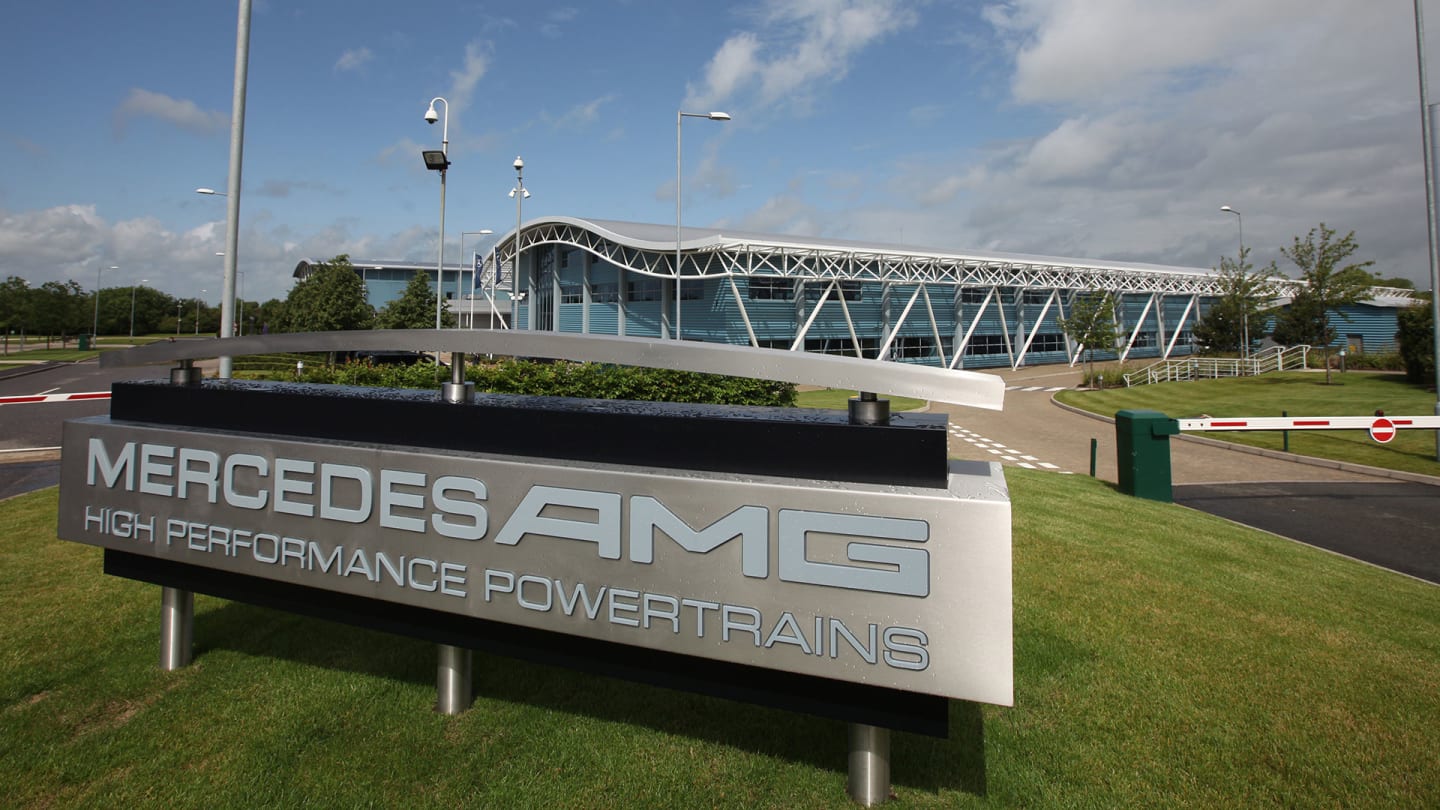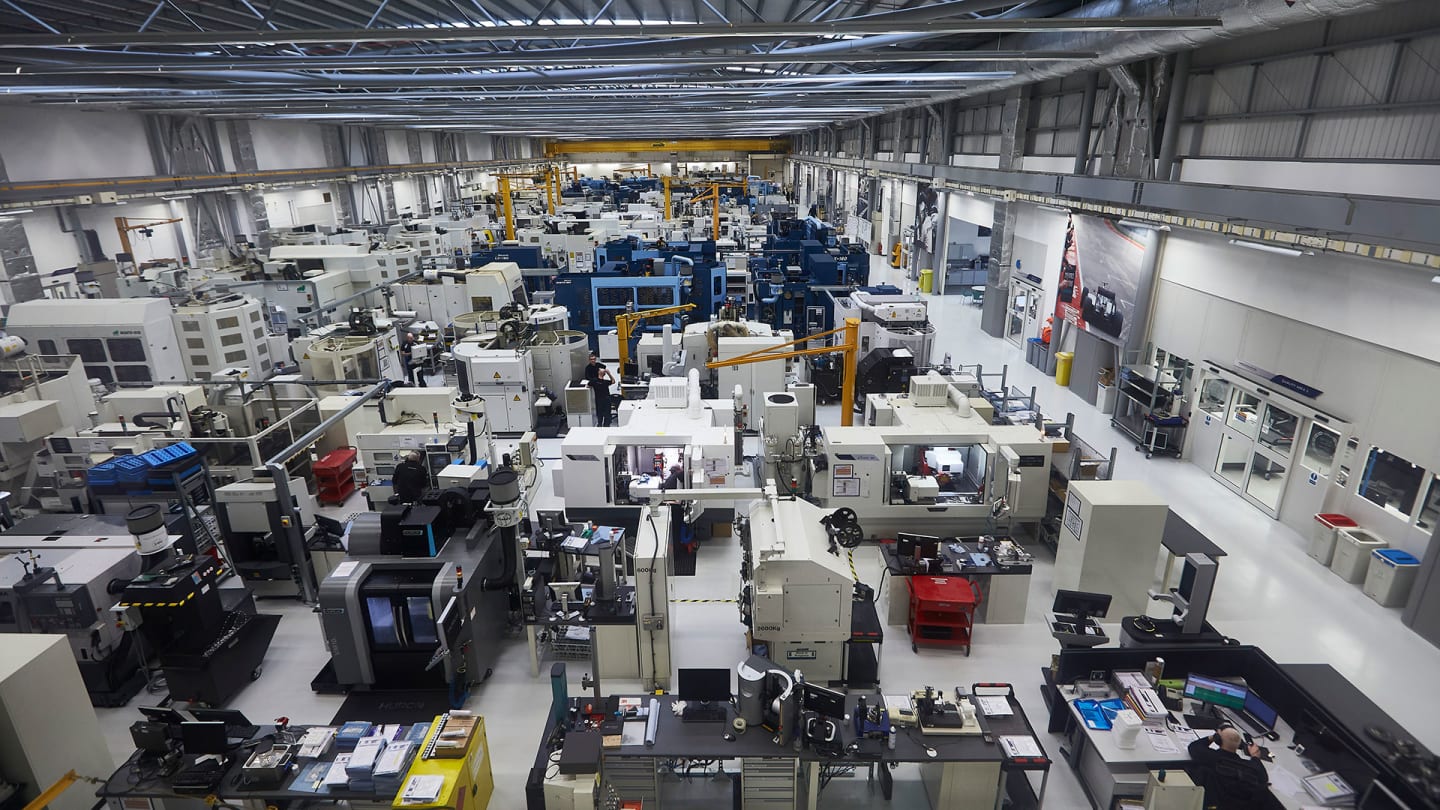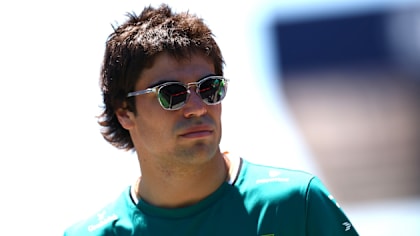
News
Mercedes F1 help develop coronavirus breathing device for health service use
Share

Mercedes High Performance Powertrains have produced engines that have won eight constructors’ championships and 10 drivers’ championships in Formula 1, and as part of ‘Project Pitlane’ they’re now helping turn the tide in the battle against coronavirus.
A breathing aid developed by engineers at Mercedes HPP, engineers at University College London (UCL) and clinicians at UCL Hospital has now been approved for use by the UK's National Health Service in the battle against coronavirus.
READ MORE: UK-based F1 teams unite around ‘Project Pitlane’ to assist with ventilator production
This respiratory device, the ‘Continuous Positive Airway Pressure’ (CPAP), is a breathing aid that helps coronavirus patients with serious lung infections to breathe and avoid having to use ‘invasive mechanical ventilation’ – breathing devices that involve tubes through the skin or mouth.
But there aren’t currently enough CPAP devices in UK hospitals to cope with the surge in patients suffering from coronavirus.

The Mercedes / UCL CPAP device built to help with the coronavirus pandemic
The engineers and clinicians worked since March 18 at UCL’s engineering hub to reverse-engineer an existing CPAP device, used in Italian and Chinese hospitals, to be mass-produced. Now, the UK regulatory board has recommended it for use.
According to UCL, “It took fewer than 100 hours from the initial meeting to production of the first device.”
Clinical trials have begun at UCL and a roll-out is coming soon.
READ MORE: McLaren personnel return from Australia after coronavirus quarantine
Andy Cowell, Mercedes HPP’s Managing Director, said: “The Formula 1 community has shown an impressive response to the call for support, coming together in the ‘Project Pitlane’ collective to support the national need at this time across a number of different projects.
“We have been proud to put our resources at the service of UCL to deliver the CPAP project to the highest standards and in the fastest possible timeframe.”

A rare glimpse inside HPP's Brixworth factory that has produced engines to power McLaren, Brawn and Mercedes themselves to numerous championships.
Professor Tim Baker of UCL’s Mechanical Engineering department lauded the partnership. He said: “Given the urgent need, we are thankful that we were able to reduce a process that could take years down to a matter of days.
“From being given the brief, we worked all hours of the day, disassembling and analysing an off-patent device. Using computer simulations, we improved the device further to create a state-of-the-art version suited to mass production.
READ MORE: ‘When the situation improves, we'll be ready to race’ – Chase Carey
“We were privileged to be able to call on the capability of Formula 1 – a collaboration made possible by the close links between UCL Mechanical Engineering and HPP.”
UCL’s Vice Provost, Health, Professor David Lomas, added that the collaboration “shows what can be done when universities, industry and hospitals join forces for the national good.”
The other six UK-based F1 teams in Project Pitlane are also working to aid the UK’s efforts to treat patients suffering from coronavirus. Those teams are Red Bull, Racing Point, Haas, McLaren, Renault and Williams.
YOU MIGHT ALSO LIKE

Video HIGHLIGHTS: Relive the Qualifying action as Piastri snatches pole position from Norris in Spain
Report F3: Domingues becomes first Portuguese F3 winner with Barcelona Sprint victory
News ‘Our competitors look quick’ – Piastri predicts ‘tight battle’ during Qualifying in Barcelona
breaking news Aston Martin announce Stroll to miss Spanish Grand Prix



